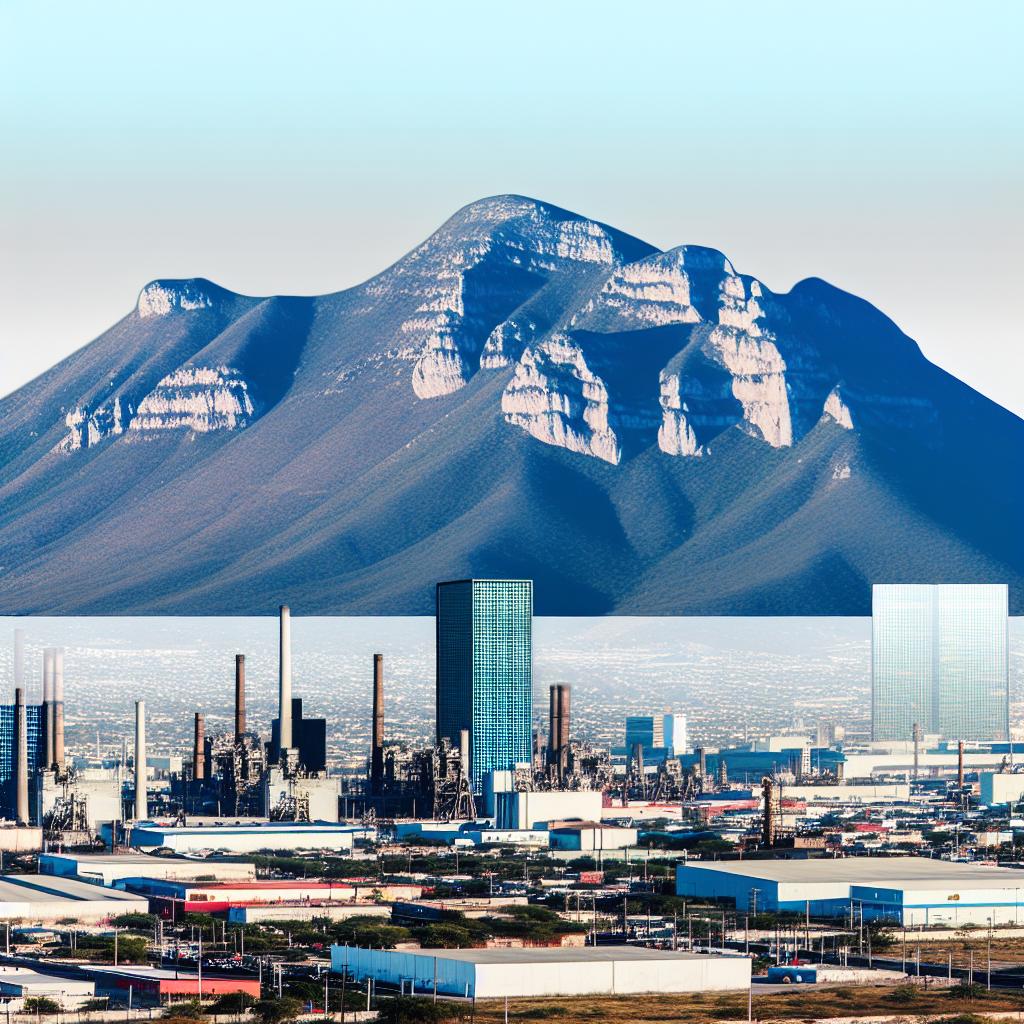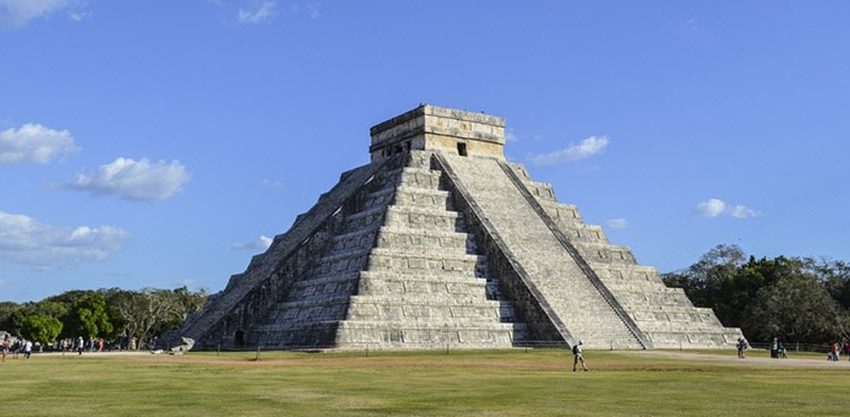The Rise of Monterrey as an Industrial Powerhouse
Monterrey, located in the northeastern part of Mexico, has firmly established itself as one of the country’s foremost industrial centers. This city’s strategic location, skilled workforce, and robust infrastructure have been key factors in its ascent as an economic powerhouse.
Strategic Location
Monterrey’s geographical location is a significant asset that provides it with distinct advantages in both trade and industry. Situated relatively close to the United States-Mexico border, it conveniently allows for easy access to international markets. This strategic positioning has encouraged numerous multinational corporations to establish operations within the region. These corporations leverage Monterrey’s location to optimize their trade routes, enabling efficient access to North American markets and beyond. For businesses, this translates to reduced transportation costs and faster delivery times, enhancing their ability to serve global customers effectively.
The close proximity offers more than logistical advantages; it fosters international collaborations and partnerships that extend beyond trade. International trade agreements such as the United States-Mexico-Canada Agreement (USMCA) have further enhanced these trade dynamics, offering a framework to facilitate cross-border business activities. This aspect of Monterrey’s growth cannot be underestimated, as it aligns the city with global economic shifts favoring increased cross-border partnerships and investments.
Skilled Workforce
The availability of a skilled workforce is another pillar supporting Monterrey’s industrial reputation. The city is home to a myriad of educational institutions, including some of Mexico’s most prestigious universities, which continually supply well-educated professionals. This academic excellence plays a vital role in sustaining the city’s production and innovation capabilities. Industries ranging from manufacturing to cutting-edge technology have been drawn to Monterrey, attracted by the promise of a competent and dynamic labor pool.
Moreover, educational partnerships between universities and industries ensure that the curriculum remains relevant and aligned with the needs of modern businesses. These collaborations lead to the creation of specialized programs and training initiatives aimed at addressing specific industry demands. Such tailored educational models have been integral in keeping Monterrey at the forefront of technological advancements and industrial prowess, allowing it to adapt and thrive even amidst changing global market conditions.
Infrastructure Development
The city’s robust infrastructure plays a crucial role in supporting and expanding its industrial activities. Monterrey boasts a comprehensive network of highways, railways, and air connections, making it incredibly efficient for the transportation of goods and raw materials. This infrastructure not only meets the demands of current businesses but also allows for scalability, which is vital for future growth and expansion.
Advanced telecommunications infrastructure further strengthens Monterrey’s industrial capabilities, enhancing business operations by ensuring constant global connectivity. Companies are thus able to partake in intricate international supply chains, conduct trade efficiently, and stay competitive in an increasingly digital global marketplace. This infrastructure also supports thriving sectors like information technology, which owes much of its success to the reliable and expansive telecommunications network.
Diverse Industrial Base
Monterrey’s industrial base is remarkably diverse, a critical factor in its economic resilience and sustained growth. The city’s industries span various sectors, including automotive, steel production, electronics, and information technology. This diversity not only maximizes employment opportunities but also cultivates a balanced economic environment capable of withstanding sector-specific downturns.
The automotive sector exemplifies this growth trajectory, having benefitted from substantial investments by global manufacturers. Major international companies have rooted their operations in Monterrey, leveraging the city’s strategic advantages to expand their market share within the Americas. Similarly, other sectors like electronics and steel production contribute to Monterrey’s industrial tapestry, ensuring that the city remains a pivotal hub within Latin America.
Economic Impact
The economic implications of Monterrey’s industrial growth are extensive. The city contributes sizably to the national Gross Domestic Product (GDP), making it a linchpin for economic development not just regionally, but nationally. This growth translates to increased job creation that not only provides employment opportunities but propels social progress through heightened economic stability.
Moreover, the ongoing flow of investments catalyzed by Monterrey’s industrial environment fosters a climate of continuous economic innovation and growth. This cycle of investment and returns ensures that Monterrey remains a beacon of economic stability and progressive development. For more nuances on Monterrey’s role in Mexico’s economy and industrial contributions, you can visit the trade department’s website.
In summary, Monterrey’s strategic assets serve as a testament to its enduring industrial success, positioning it as a model of growth within Mexico. Its ongoing development signals its continued relevance and influence within both the national and international economic landscapes. The blend of strategic location, skilled workforce, and diverse industries ensures that Monterrey remains a formidable force in the global economy, poised to meet the challenges and seize the opportunities of the future.







